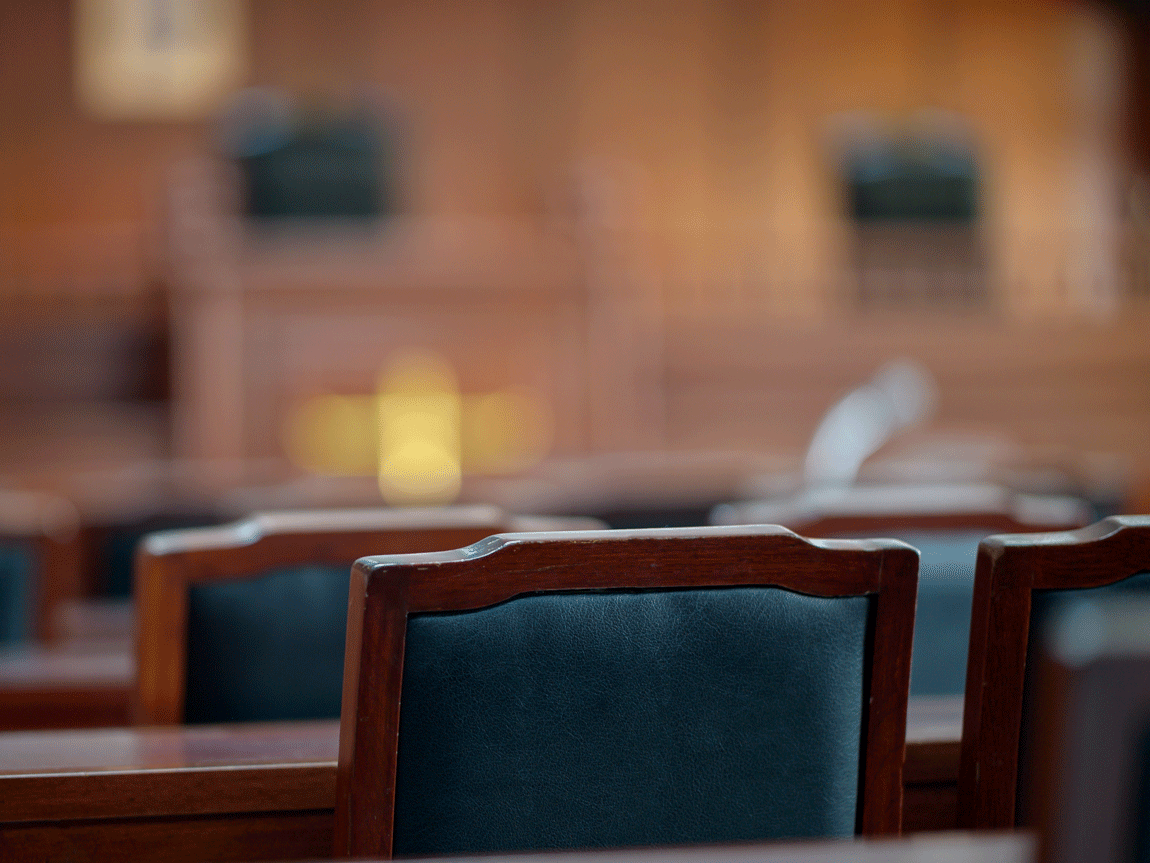04 December 2024
5 min read
#Construction, Infrastructure & Projects
Published by:

In litigation, expert witnesses are critical for providing specialised knowledge to assist the Court (and the parties) with understanding complex aspects of the case, aiding in the resolution of the dispute, or at least the narrowing of particular issues in dispute.
For construction disputes in particular, expert witnesses are commonly utilised to clarify technical issues, assess compliance with standards, and evaluate the impact of defects or delays. In complex cases involving highly specialised or niche technical issues, there may be only a handful of experts, or even a single expert, that is qualified to assess these matters. In some cases, due to the number of parties in a proceeding, all of the top experts in the field may have been taken, leaving you with few, if any, options to choose from. Alternatively, there may be situations where the only available experts refuse engagement due to commercial conflicts. For instance, some experts may be reluctant to give evidence against a party they currently work with or expect future work from. Whatever the situation may be, these limitations on expert availability in building disputes can create significant challenges in securing unbiased and qualified opinions, potentially impacting the progression of the dispute.
So, what happens if you want to speak to an expert retained by the other party for the proceeding?
In certain situations, like those outlined above, it may be strategic (or even necessary) to directly engage with an expert from the opposing side to gain a deeper understanding of their findings and opinions. This can provide valuable insights into the expert’s methodology, as well as assist in strengthening your case by preparing for potential cross-examinations or negotiations.
However, this poses the question: Is it legal to approach the opposing party's expert, and if so, is it ethical?
Surprisingly, the answer is yes—it is generally both legal and ethical to talk to an expert engaged by the opposing party; however, there are several factors to consider before making this move.
In Australia, there’s a long-standing and well known principle that "there is no property in a witness." This means that, with few exceptions, either side to a litigation may approach a person thought to be able to give, or has given, relevant evidence as to the matters in dispute, including expert witnesses. As the Court’s priority is to have access to all relevant evidence, no one can "own" a witness so as to prevent them from speaking to the Court or another party.
While this principle has been reiterated in case law, it is also enshrined in the civil procedure rules for most states, which commonly specify that an expert witness must not act as an advocate for any party as their primary duty is to assist the Court impartially on issues within their area of expertise, even if this duty conflicts with obligations to the party or individual who initially retained them.
Consequently, if a party refuses to allow their expert, or if the expert themselves refuses, to engage with the other party, it may raise concerns about the expert’s reliability and neutrality, which the opposing party may use to their advantage in the proceeding.
When it comes to ethical considerations, both solicitors and barristers in Australia are explicitly prohibited from discouraging a witness (including an expert) from communicating with an opposing party. This implies that it would be unethical for a lawyer to try to prevent an expert from providing their expertise to another party, even if the expert was initially retained by their client.
Things to consider before conferring with an opposing expert
Although it’s permitted, speaking to the other side’s expert is not always the best idea. There are a few factors and limitations to consider, including:
Just because the law allows you to speak with the other side’s expert, does not mean that you should. Sometimes, conferring with the other party’s expert might not offer any advantage, and could even harm your case if it leads to unnecessary complications or strategic missteps. Before doing so, it is important to weigh up the potential risks and benefits as part of your broader case strategy.
Engaging with an opposing party’s expert witness in a building dispute is generally permissible, but, like any aspect of disputes and litigation, it requires strategic thinking, careful planning and an understanding of the possible outcomes.
If you have a question regarding the role of an expert witness or what is permissible, please get in touch with a member of our team below.
Disclaimer
The information in this article is of a general nature and is not intended to address the circumstances of any particular individual or entity. Although we endeavour to provide accurate and timely information, we do not guarantee that the information in this article is accurate at the date it is received or that it will continue to be accurate in the future.
Published by: